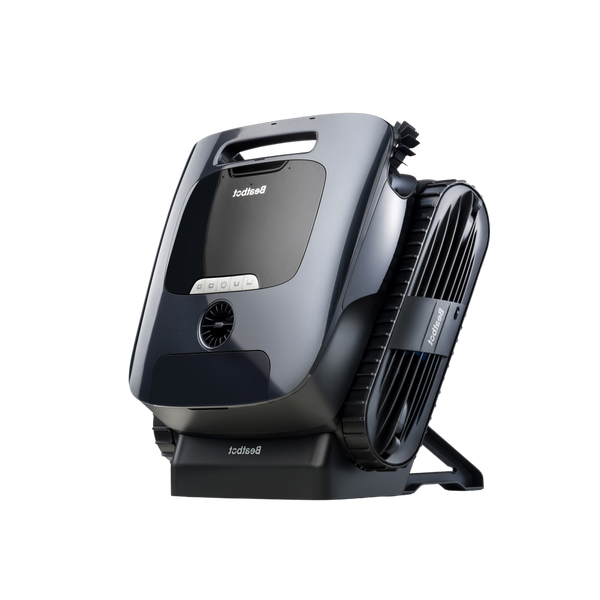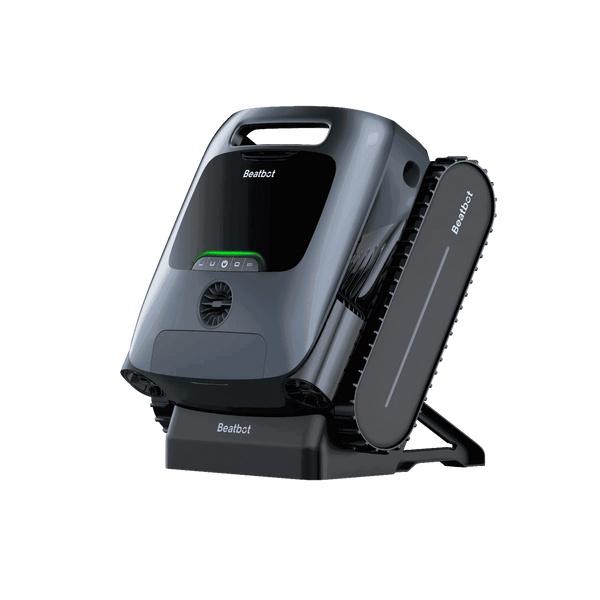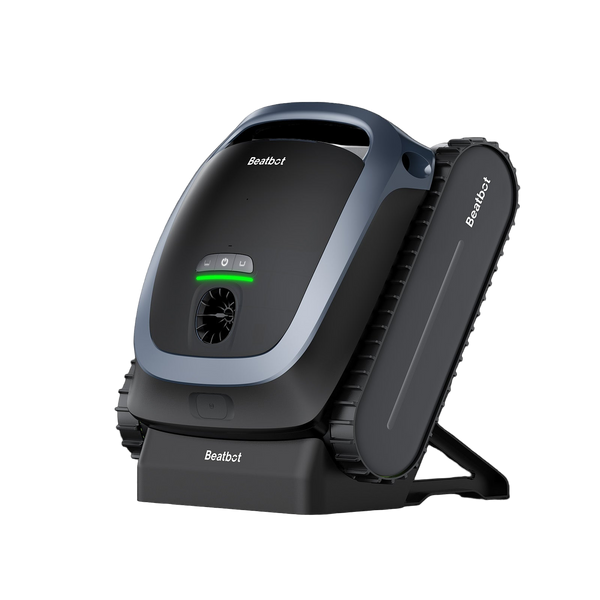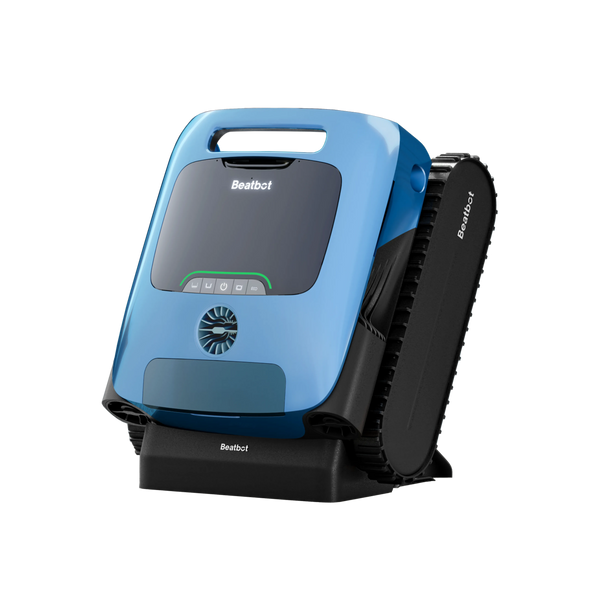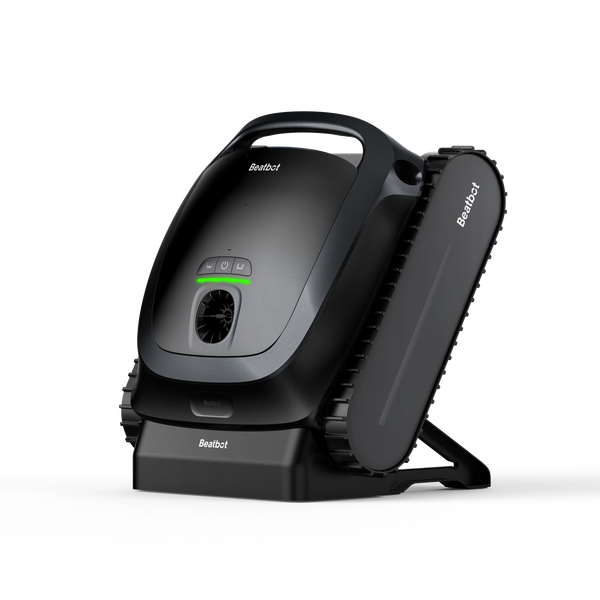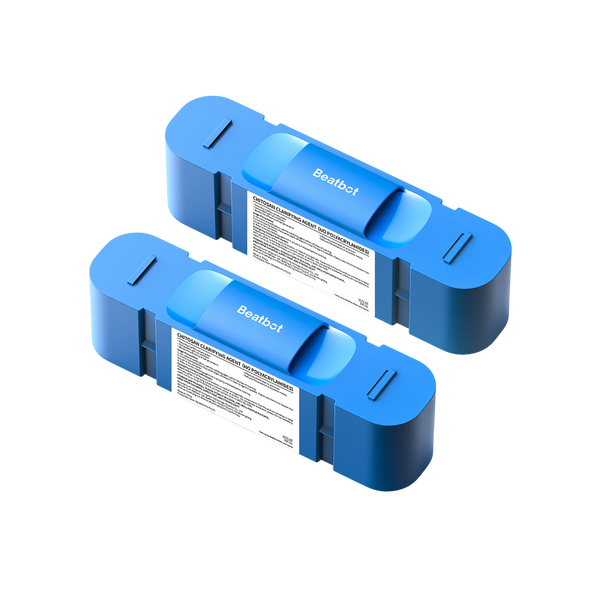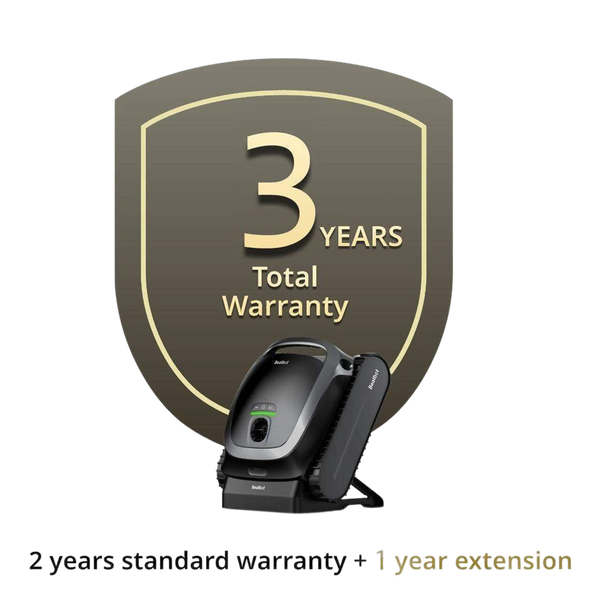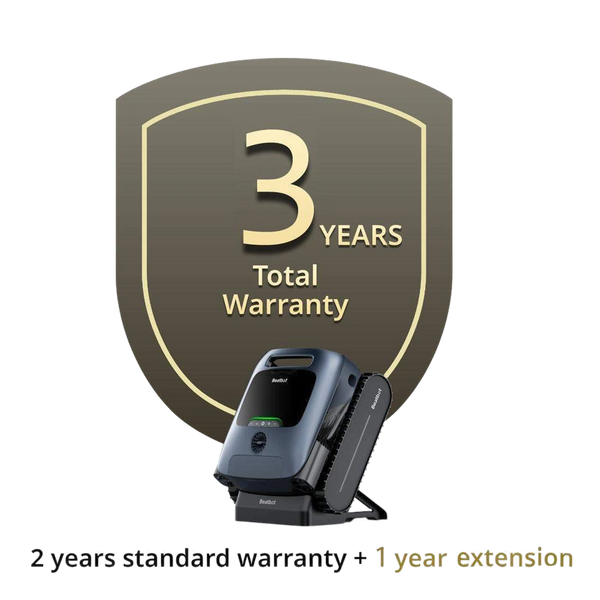Essential Cleaning Chemicals for Pristine Waters
Maintaining a clean pool water quality is highly reliant on adding appropriate chemicals. Keeping the chemical balance ensures that your pool remains free from bacteria, algae, and other contaminants. In this article, we will introduce the basics of pool chemicals to make pool maintenance easier for you. Are you ready?
Table of contents

Fundamentals of Swimming Pool Water Chemistry
Maintaining a swimming pool involves balancing both pH (acidity) levels and sanitizer levels.
Chlorine Levels: Essential for Sanitization
Chlorine is a crucial component in swimming pool water chemistry. Total chlorine (TC) levels represent the combined amount of free chlorine and combined chlorine present in the pool water. Free chlorine (FC) is the active form that sanitizes and disinfects the water, while combined chlorine has already reacted with contaminants and is no longer effective for sanitation.
pH Levels: Balancing for Safety
Maintaining the correct pH level is essential for ensuring clean and safe pool water. A balanced pH prevents the growth of bacteria and other harmful organisms.
Ammonia: A Byproduct of Contamination
Ammonia can be present in swimming pools when chlorine and pH levels are too low. It forms as a result of body oils, sweat, and other contaminants reacting with chemicals in the water.
Total Alkalinity (TA): Buffering Against pH Changes
Total alkalinity refers to the amount of alkaline substances in pool water, which act as a buffer against sudden pH changes.
Calcium Hardness Levels: Balancing Calcium and Magnesium
Calcium hardness (CH) levels are important for maintaining a balanced water chemistry, influencing calcium and magnesium levels.
Pool Cleaning Chemicals: The Essence of Pool Maintenance
Pool cleaning chemicals equip pool owners with the ability to navigate the chemical landscape, fostering a holistic approach to water care that prioritizes health and safety over aesthetics.
Chlorine: The Unsung Hero of Pool Sanitation
-
Chlorine stands tall as the primary sanitizer in pool maintenance.
-
Its main function is to eliminate harmful bacteria and other microorganisms that might thrive in pool water.
-
The use of chlorine is crucial for preventing waterborne illnesses and ensuring a hygienic swimming environment.
-
Chlorine is available in various forms, such as tablets, granules, and liquid, allowing for tailored application based on pool size and usage.
Algaecides: Keeping Algae at a Bay
-
Algae can swiftly transform a pristine pool into a murky mess.
-
Algaecides act as preventive measures, inhibiting the growth of algae and preventing unsightly discoloration.
-
These chemicals come in various formulations, each targeting specific types of algae.
-
Regular use of algaecides ensures that pool water remains clear and free from algae infestation.
Shock Treatments: Oxidizing Contaminants
-
Despite regular chlorination, some contaminants can still accumulate in pool water.
-
Shock treatments involve adding a concentrated dose of oxidizing chemicals to break down organic matter, oils, and other impurities.
-
This process is especially important after heavy pool usage, such as during parties or in high-temperature periods, to maintain water clarity and hygiene.
pH Balancers: Maintaining the Optimal Balance
-
The pH level of pool water is critical for the effectiveness of chlorine and other chemicals.
-
A proper pH balance ensures that chlorine works optimally to sanitize the water.
-
pH balancers, such as increasers and decreasers, help maintain the ideal pH range of 7.2 to 7.6.
-
Regular testing and adjustment of pH levels are essential to prevent skin and eye irritation and equipment corrosion.
Clarifiers: Enhancing Filtration Efficiency
Even with an efficient filtration system, tiny particles can escape capture and cause the water to appear cloudy.
Clarifiers aggregate these small particles into larger clumps, making it easier for the filter to capture them.
Regular use of clarifiers enhances the overall efficiency of the filtration system and keeps the water visibly clear.

Neutralizer Chemicals: Guardians of Pool Equilibrium
-
Neutralizer chemicals play a pivotal role in maintaining the balance of pool water.
-
They prevent swings and sways in water chemistry that can lead to discomfort for swimmers and potential damage to the pool system.
-
Precise and strategic application of neutralizer chemicals ensures that the pool remains inviting, safe, and enjoyable for all users.
-
Understanding and respecting the role of neutralizer chemicals is crucial for responsible pool ownership, contributing to the longevity and sustainability of the aquatic oasis.
Maintaining Your Water Quality: Beatbot AquaSense Pro
Beatbot AquaSense Pro is a revolutionary and multifunctional robotic pool cleaner. This industry-leading pool vacuum features a casing made from chitosan derived from recycled crab shells, which releases biodegradable clarifiers, achieving a fully automated and eco-friendly pool purification solution.
Relative Blogs
About the author
